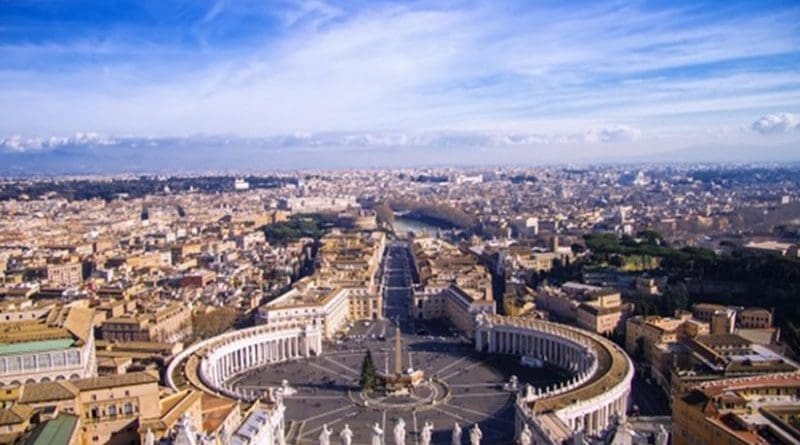Vatican II: 60 Years Later – OpEd
It was sixty years ago today that the Second Vatican Council convened. Some changes were made affecting the liturgy, ecumenical relations—especially with Jews—canon law and religious life. The Church also issued important documents on religious liberty.
It is a matter of debate as to whether all of these changes were necessary, but most Catholics have accepted them, especially those that put the Church on a more positive footing with regard to interreligious dialogue and support for religious liberty.
The Church is now in the midst of considering additional changes. The synod on synodality is drawing critical feedback from a small portion of the laity worldwide, and while much of it appears to be responsible, there are voices of dissidence that threaten to poison the atmosphere.
The German Synodal Way is home to the most visible dissident voices in the world. Centered heavily on sexuality, especially the LGBT agenda, the process undertaken there is fast moving toward a split in the ranks of the Catholic Church. Those who support this agenda should heed the lesson of the mainline Protestant denominations.
On October 10, the Associated Press ran a story on the collapse of the Methodist church. It has lost roughly half its membership since the 1960s, and it is now at another turning point as many more are threatening to leave.
It is not alone. As the story notes, “the United Methodist Church is also the latest of several mainline Protestant denominations in America to begin fracturing, just as Episcopal, Lutheran and Presbyterian denominations lost significant minorities of churches and members this century amid debates over sexuality and theology.”
In other words, the more “relevant” a church is—meaning the more it changes its teachings to mirror the norms and values of the dominant culture—the more irrelevant it becomes to its congregants. Who wants to belong to a church whose teachings are indistinguishable from the editorial positions of the New York Times?
The Catholic League’s recent survey of Catholics, ably done by McLaughlin & Associates, found that six-in-ten said that those religions that tailored their teachings to what is popular went too far; this explains why they are losing members so quickly.
Also, a majority of Catholics think that sticking to principles and beliefs matters greatly. In fact, 66% of Catholics said that whether they agreed with most positions in the Catholic Church, or differed on some issues, the Church should not change its principles because of public opinion. Moreover, 70% said that if the Church did not change its positions as many have suggested, they would either be more committed, or as committed, to the Church.
Change is not a good thing or a bad thing. It only acquires meaning, in a moral way, when we know the object of change. No matter, when changes are made, history has shown that making glacial changes is a precarious situation, and that is doubly true for more traditionally oriented institutions.

